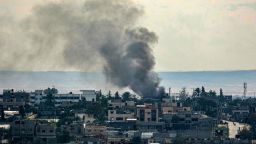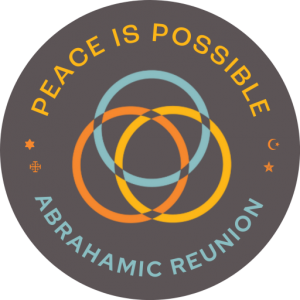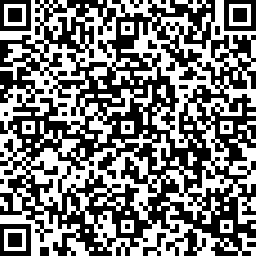Editor’s Note: Sheikh Khalil al-Baz is the imam of the Tel Sheva Mosque in Israel’s Negev Desert and a co-founder of Abrahamic Reunion, a Middle Eastern coexistence organization. The opinions in this article are those of the author. View more opinion on CNN.
As the conflict in the Middle East reverberates around the world, many in the West have fallen into the emotional traps of anger, fear and righteousness toward the perceived other side. Exporting the conflict will not bring peace any more than it will bring victory, and the only way to reduce the flames is to learn to coexist.
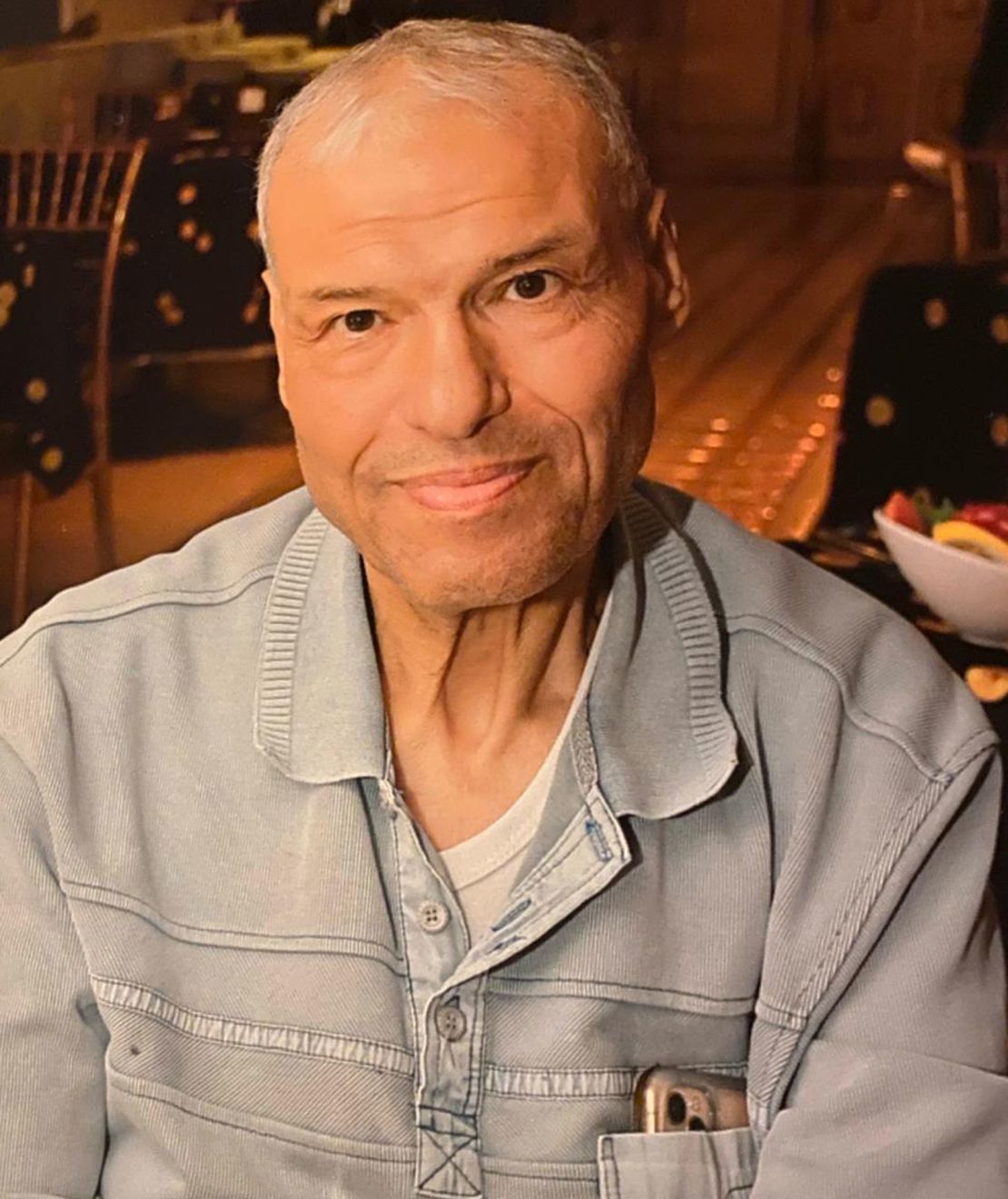
My work as an imam and focus on spiritual coexistence in Israel and Palestine has shown me that the best personal defense against destructive emotions is to find the other inside ourselves. A complex identity is a natural antibody that inoculates against hate, and I myself identify as a Muslim, a Bedouin, a Palestinian and an Israeli.
It is currently the month of Ramadan. This year my coexistence organization, Abrahamic Reunion, has hosted our 20th annual coexistence Iftar meal, this time in Jerusalem. It is especially meaningful to break my fast with my non-Muslim partners in the current context of the war. Ramadan is a time when Muslims have to think about the other who is less fortunate than themselves. Through fasting and charity, we are supposed to come out of the month with a renewed appreciation for our role in this world. That is the essence of spiritual coexistence, in which your self-image makes room for the humanity of others.
Many people resent that I refuse to choose only one side of my identity; they want me to be angry, empty and broken like them. Members of my own Bedouin Muslim community have threatened and attacked my family and me for simply acknowledging the humanity of Jewish Israelis. My house was shot at after I spoke out against denying the crimes of Hamas on October 7.
This is not a recent phenomenon. In 2008, after my wife was honored with lighting a torch at a celebration of Israel’s Independence Day, our family’s car was bombed. But these attacks have only ever strengthened my resolve to advocate for spiritual coexistence, and so I have spent years teaching Jewish Israelis about Islam and our need to recognize that both Muslims and Jews belong in this land.
This has been my life’s mission. My wife Sana and I cofounded the Abrahamic Reunion in the aftermath of the violence of the Second Intifada of the early 2000s, when terror attacks and military operations drove deep divisions between every sector of Israeli and Palestinian society. Abrahamic Reunion’s dream is to reunite the children of Abraham in the Holy Land, and to that end we have had tens of thousands of Muslims, Christians, Jews, Israelis and Palestinians join our activities over the years.
Spiritual coexistence means building bridges out of celebration, grief and the acknowledgment of God above us, no matter your faith. And it is how we cultivate the other within ourselves. Almost anyone who participates in experiences like these will find themselves more immune to the emotional pull of identity-driven hate, even amid a devastating and personal war such as this one.
Abrahamic Reunion included participants from Gaza until Hamas made participation illegal in 2013. Before then, we would sit on a hill next to the border and talk through megaphones with Gazans on the other side of the fence. Organizations that feel threatened by coexistence know that it is the greatest threat to their power.
You can always coexist with other people, but not with every ideology, and on October 7, Hamas declared war against every element of my identity. They murdered Muslims. They kidnapped Bedouin from the desert. They continue to oppress Palestinians in Gaza, stealing aid and using their homes and mosques to launch attacks. They are committed to destroying Israel and every Israeli. I am at war with Hamas because this is their path, but I will never be at war against the people of Gaza.
My religion is Islam, and as the imam of the southern Israeli town of Tel Sheva, I provide spiritual and moral guidance to my community, as my father and grandfather did before me. My ancestors are related to the Hashemite family, the traditional protectors of Islam’s holy sites.
The Islam of my tradition has nothing in common with those who proclaimed “Allahu Akbar” while inflicting unspeakable violence upon innocent civilians on October 7. It is because I am a Muslim that I call to immediately release the remaining hostages seized from Israel, Bedouin Muslims among them, and to provide help to Palestinians in desperate need of humanitarian relief in Gaza.
My ethnicity is Bedouin, and my people have called the Negev desert home for centuries, as nations and empires rose and fell around us. Bedouin tribes are part of the Arab fabric of this land, and I trace my history, traditions and communal codes back to the sands of the Negev. Despite being from a nomadic people, I am not at home anywhere else.
The Bedouin community in Israel has long suffered from neglect and marginalization by the state, and our society today is riddled with both crime and a lack of respect for its elders. My mission to deliver Tel Sheva back from the hands of criminals is connected to the need to return Islam from the broken souls of political extremists.
My people are the Palestinian people, and I am inextricably connected to the souls in Gaza for whom the weight of this war is unbearable. I feel their fear, hunger and suffering as my own, and I cry at the images of destruction and loss. Members of my community have family in Gaza, and we pray for their safety every day.
A solution to this conflict will only come from securing a path to Palestinian freedom, under a government that represents and cares for its people. War will not turn that hope into a reality, and neither will leaving Gaza under the moral vacuum of Hamas.
My nationality is Israeli. An Israeli who loves the country he has built alongside his Jewish and Arab neighbors. An Israeli whose wife was the first Bedouin woman honored with lighting a torch at Israel’s national Independence Day ceremony. An Israeli who knows that his country must now fight for peace as hard as it fights for survival because the two are dependent on each other. On October 7, Bedouin Muslims like myself saved the lives of our Jewish neighbors, and the Israel Defense Forces defended our homes the same way they did the homes of Jewish Israelis.
My wife, may Allah have mercy on her, passed away last year. Her final instruction to me was to look after our four beautiful children and continue the journey we started together. I do so today because, beyond my identity as a Muslim, a Bedouin, a Palestinian and an Israeli, I am first and foremost a human being: a father, a husband and a servant of God.

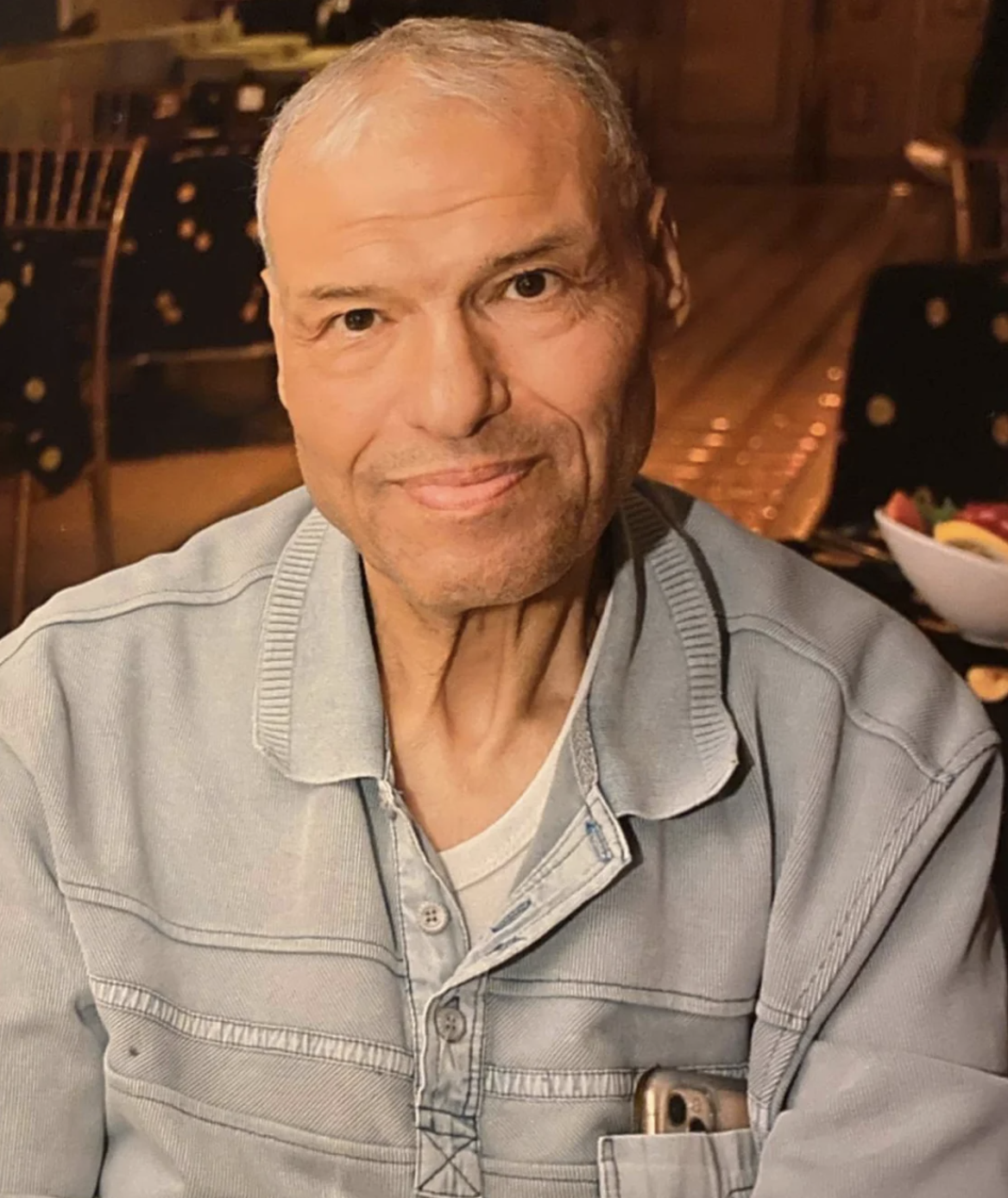
 Palestinians shop for iftar dinner in Jerusalem on Tuesday. (Photo by Mostafa Alkharouf/Anadolu via Getty Images)
Palestinians shop for iftar dinner in Jerusalem on Tuesday. (Photo by Mostafa Alkharouf/Anadolu via Getty Images)